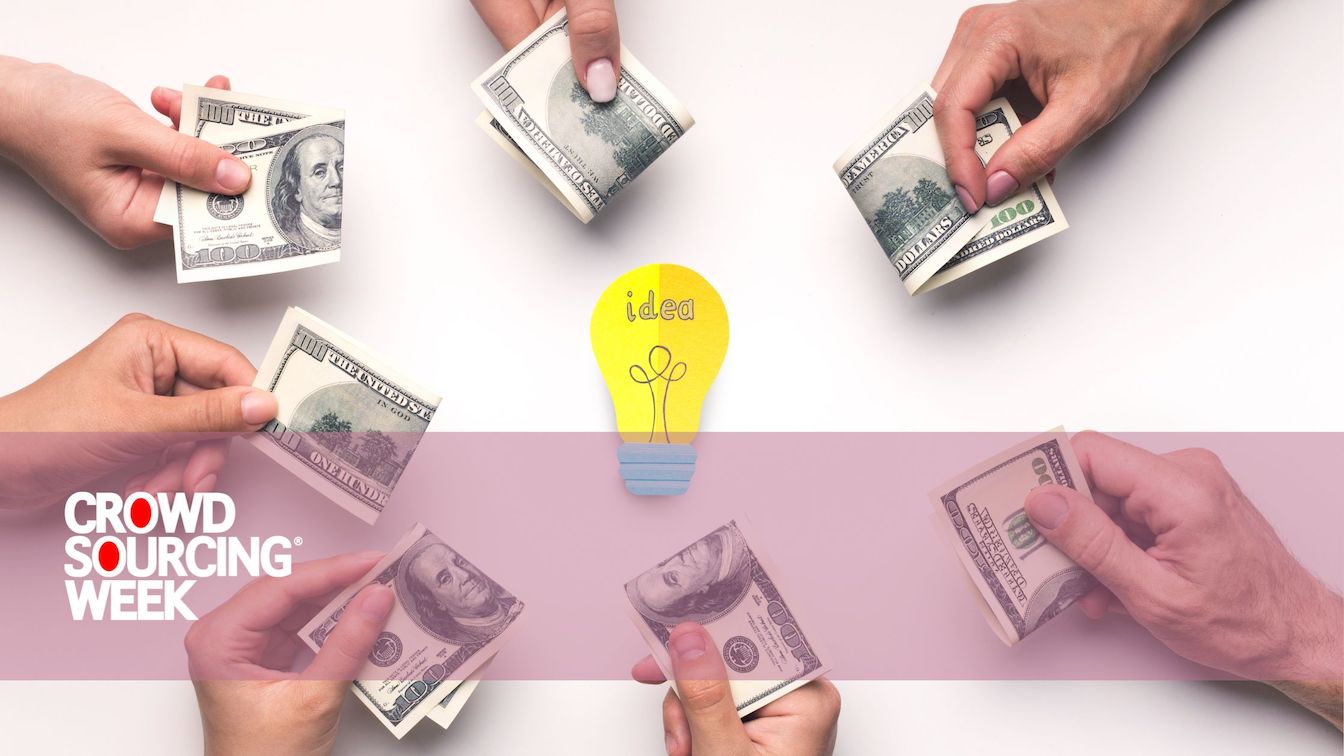What can explain why crowdfunding works? Reward-based crowdfunding platforms like Kickstarter and Indiegogo are wildly popular around the globe. Every year, consumers use these platforms to transfer billions of dollars to help entrepreneurs and artists develop market innovations. The money is not given as charity donations. Strangely, though, these consumers obtain no financial benefits from these producers, no legal guarantee that their money will be used aptly, and there are no reimbursement options. BOLD Awards noticed these unfavorable conditions led U.S. academic authors Andre F. Maciel (University of Nebraska—Lincoln) and Michelle F. Weinberger (Northwestern University) to ask why so many consumers contribute to crowdfunding. In short, how is crowdfunding so successful?
Key findings of why crowdfunding works
The authors collected qualitative data from crowdfunding consumers, producers, and platforms to reveal the sociocultural underpinnings of this funding model. They found that a major part of why crowdfunding works is that platforms do more than create a technical infrastructure for consumers to transfer money to producers: they also create a mythological foundation.
Through storytelling, platforms cast crowdfunding as a route to create a more democratic society in which ordinary people (rather than banks and wealthy investors) can decide and finance the products that should exist in the market. Consumers then gladly gift their money to entrepreneurs and artists fundraising on these platforms, financing their innovation ideas interest-free. In many instances, they are usually not receiving any tangible return on their investment beyond something like a mug or a T-shirt.
Transactions replaced by social contracts
Part of why crowdfunding works is that instead of a legal contract, crowdfunding platforms establish with consumers a “social contract” based on noble collective goals and intangible returns. Backing a crowdfunding project comes with risks, and project backers do not receive the same protections as people buying an item from Amazon, eBay, or anywhere else. Kickstarter gives its own warning to potential project backers: “Unlike sellers on eCommerce sites, creators on Kickstarter do not automatically breach their contract with backers if they do not fulfill their rewards or provide users with a full or partial refund.” Similarly, reward-based crowdfunding backers have no recourse if creators fail to pursue or complete the innovative ideas that were their reason for asking for money.
However, in exchange for their financial gifts to support market democratization, these consumer backers derive four unique forms of intangible value.
- First, they get to express their tastes by selecting the innovations that they deem worthy of existing in the market—an opportunity that stands out from their conventional experiences as mass consumers elsewhere. This opportunity is even more significant because their tastes are often niche, patterning the immaterial value of “individualistic democratization.”
- Second, as producers provide updates on their projects’ progress, consumers relish peeking behind the scenes of the entrepreneurial journey, acquiring the immaterial value of “insider knowledge” in their oft-niche areas of interest.
- Third, consumers derive excitement from betting some money on the ideas of typically unknown producers. When these producers fulfill their projects and send their supporters some reward—typically symbolic tokens and an early version of the crowdfunded project—these consumers experience “reciprocity thrill.”
- Finally, crowdfunding consumers derive the immaterial value of “vicarious success”: the experience of getting a flavor of the glow of successful entrepreneurship while taking on little risk.
Reward-based crowdfunding’s limitation
Beyond the consumer/project backers risks, the authors also articulate another important limitation of reward-based crowdfunding.
For creators, crowdfunding propels many projects that would not receive bank loans or venture capital for lacking a clear profit potential, a trading history, or due to limited ambition. Crowdfunding as an alternative means to support the creators tends to attract a specific segment of consumers: well-educated professionals involved in industries focused on producing knowledge, technology, and entertainment. These consumers tend to support projects they deem “cool.” They channel money to innovations that match their tastes, hardly ever picking projects based on the potential to broadly enhance social equality or welfare.
Crowdfunding thus fosters the market, but not as democratically as it seems. Campaigns in areas such as music, film, publishing and games are more likely to succeed.
Summary
Crowdfunding has become a relevant branch of the digital economy. Today, it is used not only by upcoming entrepreneurs and artists. Universities, museums, churches, and media organizations (e.g., NPR, Wikipedia, and The Guardian newspaper in the UK) regularly run campaigns to raise money from large numbers of people to create and enhance their market offerings.

UK daily newspaper The Guardian prefers to use crowdfunding whilst its competitors are behind a paywall
As such, this new research on why crowdfunding works is timely in three main ways:
- It sheds light on the consumer appeal of the crowdfunding model;
- it brings into relief the role of platforms in shaping the meanings of the digital economy;
- and it calls into question these businesses’ egalitarian claims.
Fuller research findings were published in the Journal of Consumer Research.





0 Comments